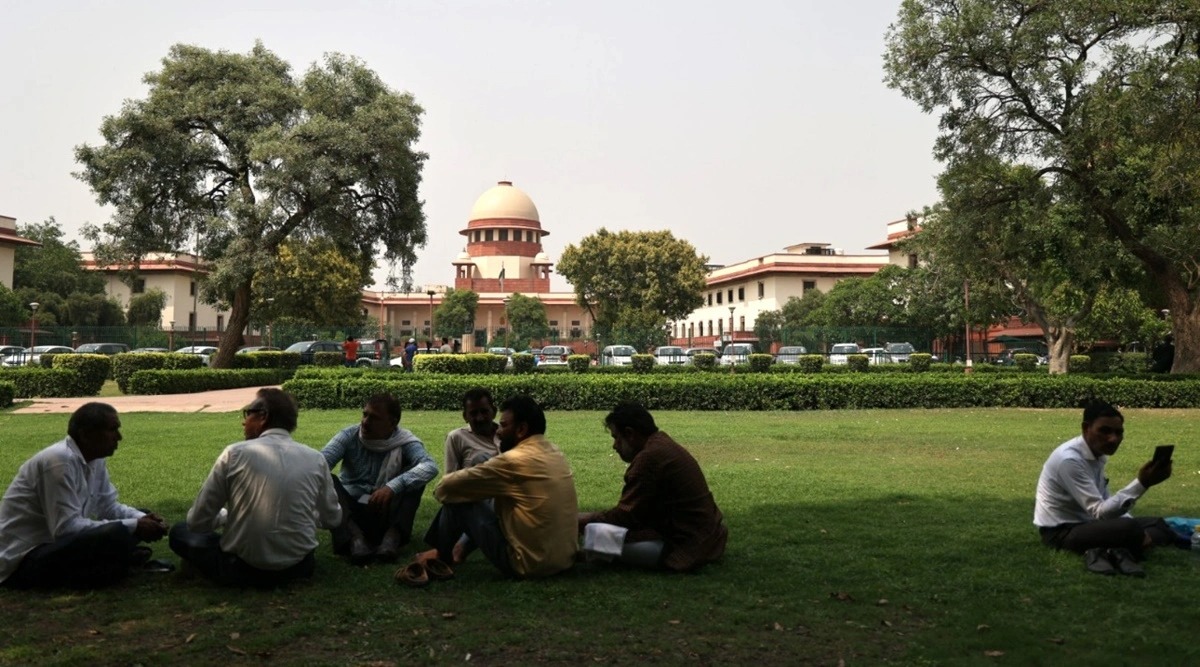 The Supreme Court (File)
The Supreme Court (File)The Supreme Court Monday granted the Centre more time to file an affidavit in response to the petitions challenging the constitutional validity of the Places of Worship Act, 1991, which prohibits the filing of a lawsuit to reclaim a place of worship or seek a change in its character from what prevailed on August 15, 1947.
A bench comprising Chief Justice of India (CJI) DY Chandrachud and Justice JB Pardiwala directed the Centre to file the affidavit on or before December 12 and said that the matter would be taken up in the first week of January 2023. The court also directed that the matter be posted before a three-judge bench, Bar and Bench reported.
Rajya Sabha MP and BJP leader Subramanian Swamy, who has also filed a petition in the matter, informed the court that he has not sought setting aside of the Act in his petition. He said that like the Ayodhya Ram temple dispute, the matters pertaining to alleged disputed sites at Kashi and Mathura be kept out of the purview of the Places of Worship (Special Provisions) Act, 1991. “I am not asking for the quashing of the Act. But two temples be added and the Act can stand as it is,” he said, news agency PTI reported.
The bench said it will consider Swamy’s plea on the next date of hearing.
According to Bar and Bench, the Centre was asked to file a reply to whether the Supreme Court constitution bench that heard the Ram-Janmabhoomi case had already settled the question of the validity of the 1991 Act.
When the matter came up, Bar and Bench reported, Solicitor General (SG) Tushar Mehta told the Supreme Court the central government can take a stand on the challenge to the Act only after consultation with higher echelons of the government. The SG, therefore, asked the apex court to list the case in the first week of December since he was unable to have a detailed consultation with the government.
According to PTI, the top court was hearing the pleas, including the one filed by advocate Ashwini Upadhyay who has said sections 2, 3, 4 of the Places of Worship (Special Provisions) Act, 1991 be set aside on grounds including that these provisions take away the right of judicial remedy to reclaim a place of worship of any person or a religious group.
The Places of Worship (Special Provisions) Act, 1991, is “an Act to prohibit conversion of any place of worship and to provide for the maintenance of the religious character of any place of worship as it existed on the 15th day of August, 1947, and for matters connected therewith or incidental thereto.” Section 3 of the Act bars the conversion, in full or part, of a place of worship of any religious denomination into a place of worship of a different religious denomination — or even a different segment of the same religious denomination.
The Act was brought by the then Congress government of Prime Minister P V Narasimha Rao at a time when the Ram Temple movement was at its peak.
(With inputs from PTI, and Bar and Bench)